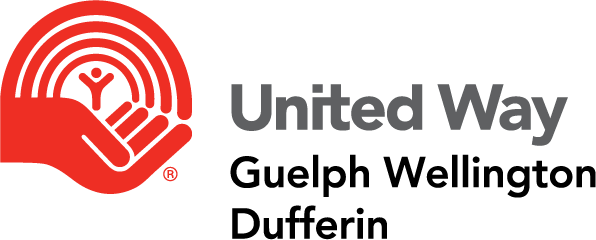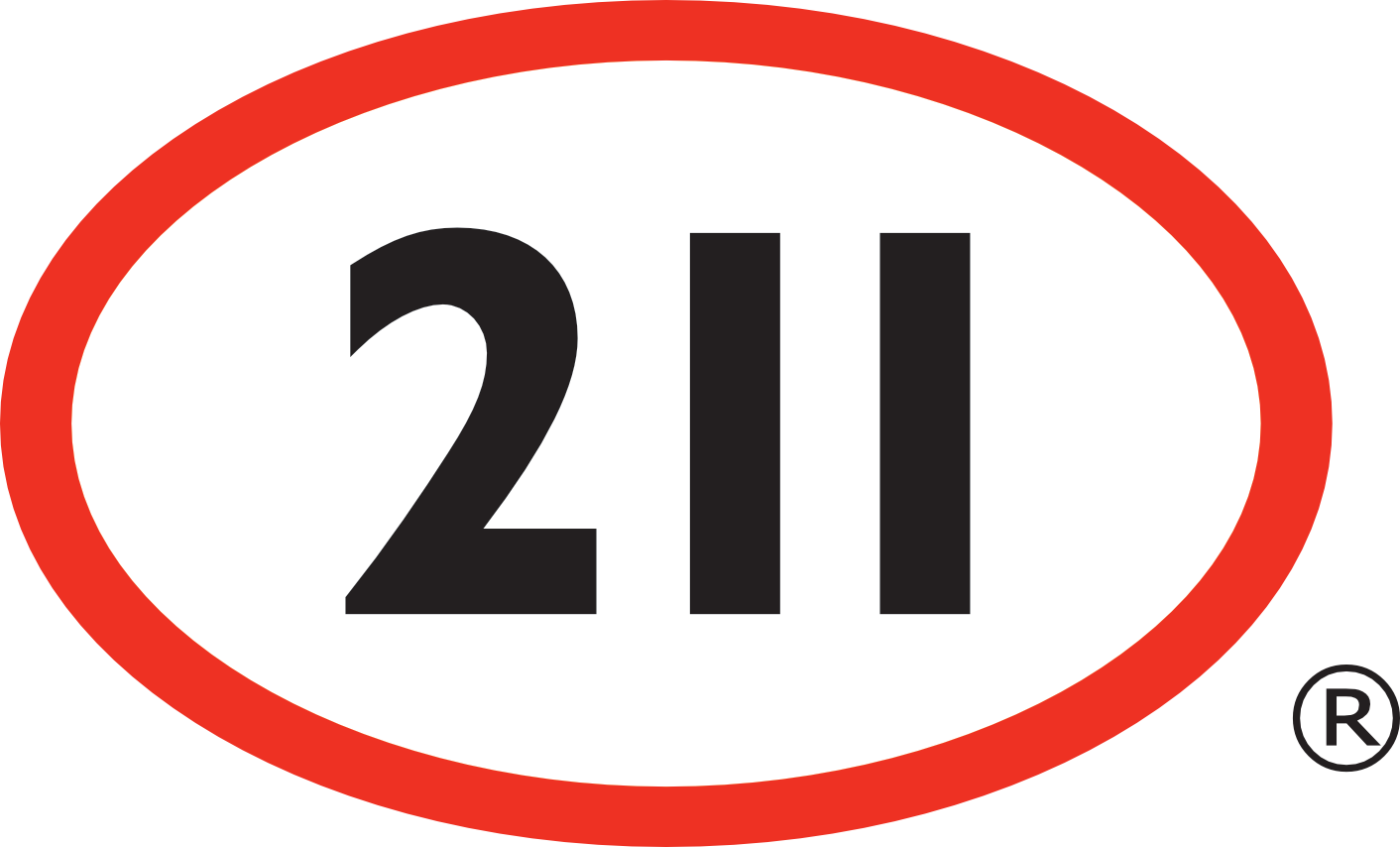If you’ve been following the media and reading the headlines, you will know that we are experiencing a national opioid crisis. What we once thought of as a ‘big city’ problem, is now a concern throughout Canada, in communities large and small. As community organizations, the Wellington Guelph Drug Strategy and the United Way are committed to working together to bring solutions to local social challenges.
The best way to address our concerns about the opioid crisis is to have accurate information. Knowing more about opioid dependence and having information about the health and social services that are available to help with this issue in our community, is a great place to start.
In Ontario, there is one opioid-related death every 10 hours; this reality has impacted individuals, families and neighbourhoods in Guelph and Wellington County. Opioid dependence can develop when someone is using opioids for medical or non-medical purposes. Opioids include codeine, heroin, methadone, fentanyl, morphine, oxycodone, and they are typically prescribed to manage pain. Withdrawal from opioids is a debilitating physical and emotional experience. Because of this, tapering off opioids is more likely to be successful when it is a gradual and supported process. Our community has services which offer opioid substation therapy and counselling, both of which help the withdrawal process, and Community Withdrawal Support Services launched in the Spring of 2017 (to access information about these services, please check the Wellington Guelph Drug Strategy website).
If people with opioid dependence turn to the black market for drugs, they increase the risk of overdose because the potency of illicit drugs is not controlled. There have been recent reports of street drugs being found with traces of fentanyl, an extremely dangerous opioid. Fentanyl can be added to substances without the user’s knowledge, which further increases risk.
A drug called Naloxone can temporarily reverse opioid overdose, and keep someone alive until first responders arrive. Naloxone is free with a health card at many pharmacies and pharmacists can train you to administer it. You can also visit the Government of Ontario’s Get Naloxone Kits for Free page to find the location of pharmacies that carry Naloxone. Individuals interested in Naloxone who do not have a health card are still encouraged to visit a pharmacy or to connect with Sanguen Health Centre to receive a kit. If you use opioids or care for someone who does, keeping a Nalxone kit accessible is a good precaution, just as wearing a bicycle helmet is a good precaution for anyone who cycles.
If you are a concerned parent, you can have age-appropriate conversations with your children about the risks of using substances, especially illicit ones, or using other people’s prescribed drugs recreationally. Helping our kids to develop a fact-based understanding of the risks related to substance use so that they are safe in our communities is a key part of the parental role. You can find resources on talking to kids about drug use at the Wellington Guelph Drug Strategy website.
If you know a friend or family member who is currently experiencing negative effects from substance use, our community has a range of services, from harm reduction to in-patient residential treatment, available to help residents who struggle with opioid use and/or other substance dependencies. In fact, since the Spring of 2017, our community has opened four new harm reduction and addiction services. You can also find out about these services at the Wellington Guelph Drug Strategy website.
To learn more about our community’s services, please see the links below for more information:
For parents – talking to your child about drugs:
- Parent Action on Drugs (PAD): http://parentactionondrugs.org/for-parents/
Services in Guelph and Wellington County:
Harm Reduction Services
- ARCH Guelph: http://www.archguelph.ca/
- Sanguen Health Centre: http://sanguen.com/
Withdrawal Management Services
- Stonehenge Therapeutic Community: http://www.stonehengetc.com
Community Addiction Medicine Services
- Rapid Access Addiction Clinic: http://www.guelphraac.ca
Treatment and Recovery Services:
- Canadian Mental Health Association Waterloo Wellington:
https://cmhaww.ca - Family Counselling and Support Services:
https://familyserviceguelph.on.ca/family-counselling-services-guelph/ - Homewood Community Addiction Services (CADS):
http://www.homewoodhealth.com/health-centre/resources/community-addiction-service/overview - Stonehenge Therapeutic Community:
http://www.stonehengetc.com
Opioid Substitution Therapy (Methadone) Clinics:
- OATC: (519) 822-6100
- Lucero Medical Centre – Guelph: (519) 821-9449
- Wyndham Medical Clinic – Guelph (only open Tuesdays): (519) 822-3102


